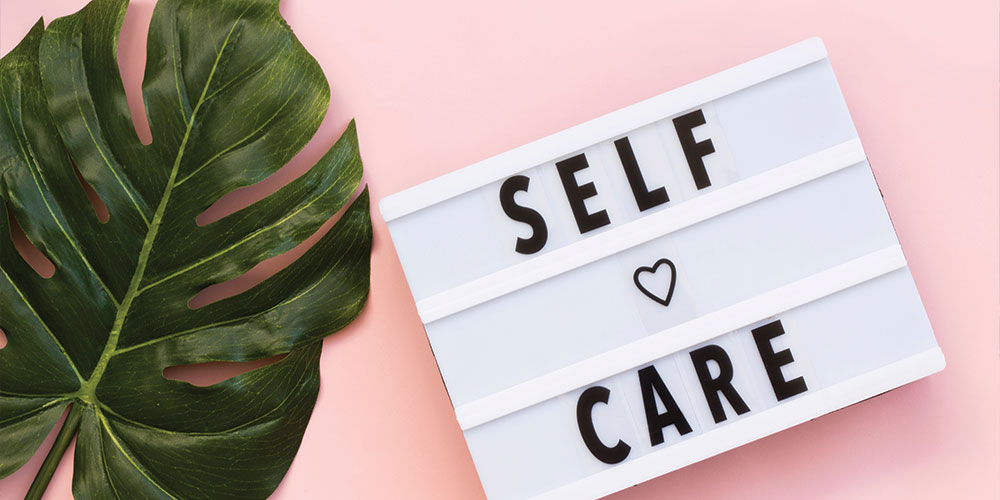“Everywhere you go, there you are!” This is true from the day you’re born until you die. Your body, mind, and soul are your home every day of your life. Unfortunately, most of us rarely consider the importance of our personal being as our home. We spend most of our time planning, preparing, and giving to other people, work, community, projects, etc., and often feel completely spent as we press on and into everything and everyone else. We often say we’ll start taking care of ourselves “tomorrow,” “next week,” or “as soon as I finish…”.
How we do anything is how we do everything, and if we aren’t caring for ourselves, it’s impossible to give to things outside ourselves. If we aren’t intentional with our self-care, we are more apt to do things or deny ourselves fulfilling experiences. We find ourselves suffering through the course of daily life.
What is self-care?
True self-care is a practice of intentional mindfulness that connects our mind, body, and soul. Exercise, nutrition, daily hygiene, annual visits to our physician(s), and time with friends are all ways to maintain self-care. Self-care nurtures meaning in everyday life tasks and experiences.
Self-care begins with the intention of time with yourself, for yourself. Sitting in stillness, solitude, and silence and noticing your breath, sensations in your body, and thoughts in your mind is the first step in bringing awareness to yourself. During this time, notice how your breath flows in and out of your body, how sensations are moving through your body, and the constitution of your thoughts. The assessment in this time with yourself is an opportunity to notice how your body responds to your present experience of tasks and thoughts and then make adjustments as necessary.
If you notice your breath is moving rapidly in and out of your body, your heart is beating faster, and your thoughts are moving quickly in a continuous stream of to-do’s, likes and dislikes, frustrations, etc., you are getting signals from your system to make appropriate adjustments. Try not to judge or run from this time with yourself. Instead, be present and acknowledge your feelings. Settle the thoughts in your mind with silence while you sit in stillness with your breath. You might say, “I see you, I hear you, I feel you, will you step back for a moment while I sit quietly to properly give you what you need?” Most often, your thoughts and feelings will honor your request. This practice doesn’t need more than 10 to 15 minutes. Scheduling this time with yourself daily is an important step in your self-care journey. As you practice, you might notice at the end of your sit, peace within your body and soul.
Inviting peace and stillness into your internal system invokes a meaningful connection to your thoughts and actions. It provides clarity for decision-making as you attend to your daily tasks, work, family, friends, projects, and the greater community. It equips you to care for your external demands in a way that cultivates harmony and balance within yourself and others. When you honor your internal system’s needs, you can authentically give to your external experiences.
When practicing self-care with a focus on your internal system, you may notice parts of you that have been overlooked and minimized because you’ve been hyper-focused on a particular aspect of yourself. For example, you may say, “I am anxious,” and every day, you’re focused on the part of you that feels anxious, not noticing the parts of yourself that feel confident and capable. The anxious part is typically dominating because of all the demands you are trying to attend to without taking time to be with yourself and give yourself space to attend to the things in your life in a manner that cultivates harmony. When you take time to sit in solitude, silence, and stillness, you allow the other calm, clear, and confident parts inside yourself to nurture the concerned and fearful parts.
The practice of self-care is a journey of transformation through stages of development and transitions of experiences. A practice of yoga and meditation with a professional may help you. The heart of self-care is an intentional focus on bringing harmony to your daily tasks, thoughts, and experiences in your mind, body, and soul.
For more information and full schedule, visit Transforming-wellness.com.
By Michelle R. Johns, T-LPC-NCC
200 E-RYT/500RYT







